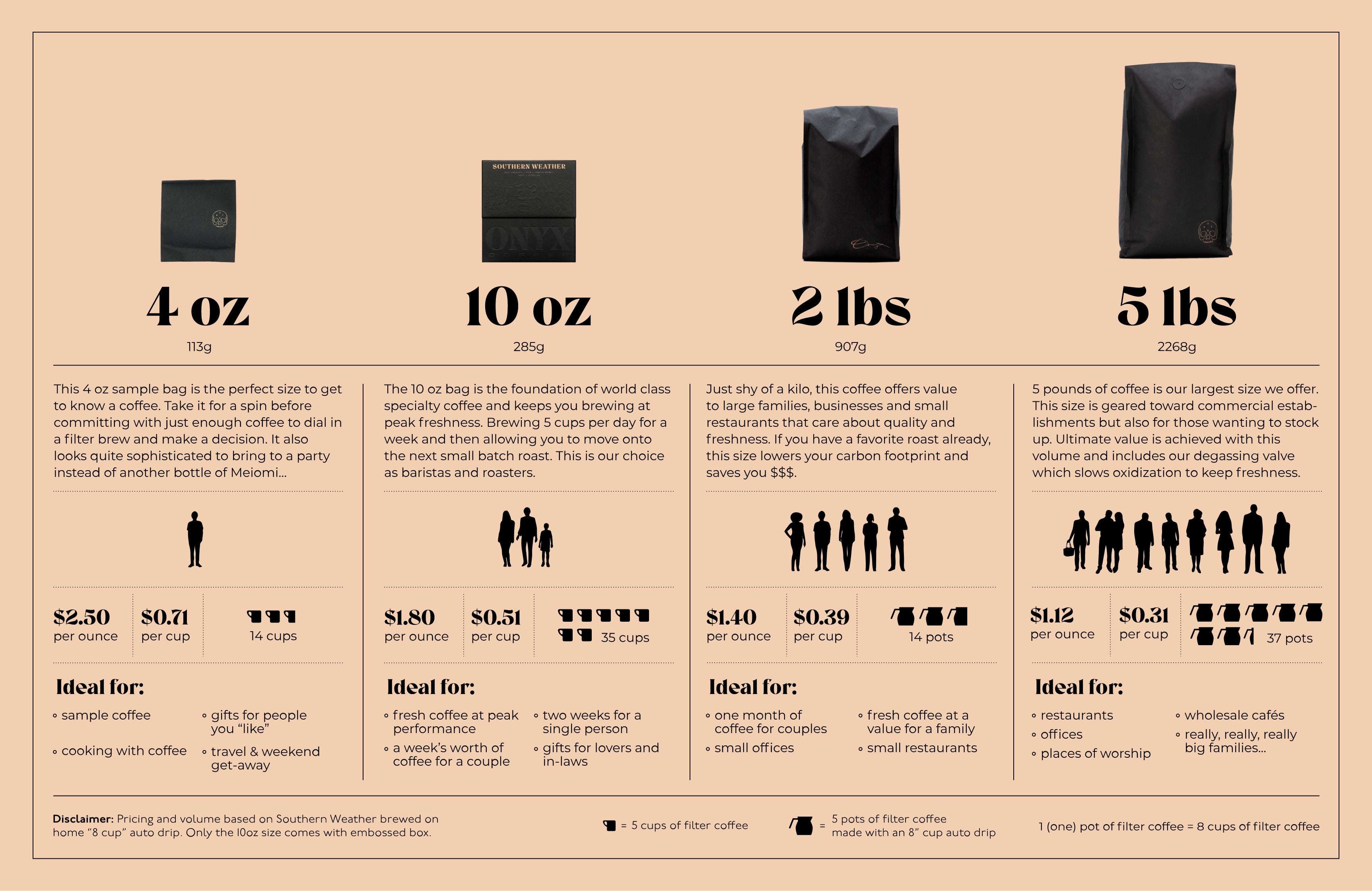Story
BASHA BEKELE by Catalyst Trade
In 2014, we began working with Asnake Bekele. Now, you might recognize Asnake
because of his signature modest, gold-toothed grin--but you might not know that he is single-
handedly responsible for us all having the privilege of drinking (importing, roasting, serving)
quality natural-processed Sidama coffee! Many years ago, when Asnake worked as the
manager of the prominent Sidama Coffee Farmer's Cooperative Union, he presented the idea to the producers to add raised-bed natural processing to their washed processed coffee. At the time, he was laughed at! But luckily for us all, he persevered, and of course now we all know the glory of natural-processed Sidama coffee.
While Asnake's career in Ethiopian coffee has spanned many high points, we've had the
privilege of partnering with him on a number of projects which included groundbreaking processing work in Kochere and Gelana Abaya (together we introduced honey processing) as well as on a researched article which directly resulted in over $8 million USD being invested by the Ethiopian government into the Gedeo Zone to repair dozens of washing stations damaged in the 2017 riots. He also helped us organize several producer groups in various parts of Ethiopia as well as served as an incredibly wise Ethiopian coffee expert and resource to us. When he began his latest endeavor--partnering with outstanding Sidama single producers such as Basha Bekele-we were on board from the first moment, and in fact we have the privilege of being his very first collaborative partner and of building this program with him. Basha Bekele is part of the producing group Asnake and his partner Aklilu Admassu has vertically integrated with. He's focused on quality and on advancing the future of traceable, single-producer Ethiopian coffee. In a recent event co-hosted by Asnake's company and
Catalyst Trade, Basha spent two days with us learning details of advanced processing, financial management, and many other aspects of successful coffee production before taking to a boat to enjoy the bright sun and the hippo sightings on the Great Rift Valley Lake of Hawassa, where we held the retreat.
Asnake shares that on Basha's farm, "Red Cherries are harvested by hand-picking. This is
very labor intensive, and around 86 seasonal and daily laborers are employed for selective harvesting, transporting, sorting and drying. Pickers many a time have to return to the same tree multiple times as coffee cherry doesn't ripen all at the same time. Carefully harvested cherries are then loaded into bags or baskets and taken to the drying location. The cherries are spread out in thin layers to dry in the sun. Only special raised drying beds or tables, which are made out of wood posts, are used and covered in bamboo mat. In order to ensure even drying and to avoid mold, fermentation or rotting, the cherries are turned 6 times per day. It could take 15 - 21 days for specific lots to reach optimum moisture content depending on the sun access and temperature. This is determined by observing brightness of the skin and cracking sample dried cherries by teeth. When the drying is complete, the dried cherries are loaded into poly baqs and stored in temporary warehouse. It will then ultimately transported to the dry mill and warehouse located at Day town." At that point the dried cherry is removed and a phase of pre-cleaning is done by hand before the coffee is loaded into bags for transportation to Addis Ababa for further export preparation at the final dry mill.
ZERO O2 NATURAL
In an effort to better understand and control the processing experiments that Catalyst Trade has been doing at the Abore site, they invested in some new equipment at the outset of the harvest. This equipment, including sealed tanks for processing whole cherries, allowed for better control of free oxygen in the fermentation environment. This natural process bombe lot was processed within those barrels with an airlock mechanism, allowing for free oxygen to be flushed out as the microbes created CO2 during their breakdown of sugars. After a few conversations with Catalyst, we were driven to label this as a zero oxygen natural process, which allows for the distinction of the other limited oxygen naturals that took place this season as well. (Keep an eye out for those to be released soon.) After the whole cherries are fermented in a sealed barrel for a 24 hour cycle, the cherries are then removed and dried on shaded raised beds much like the other naturals at the site. This limited oxygen cycle creates a wild jam-like note in the cup, with subtle florals on the aroma and the palate reminiscent of the terroir of Bensa coffees.



